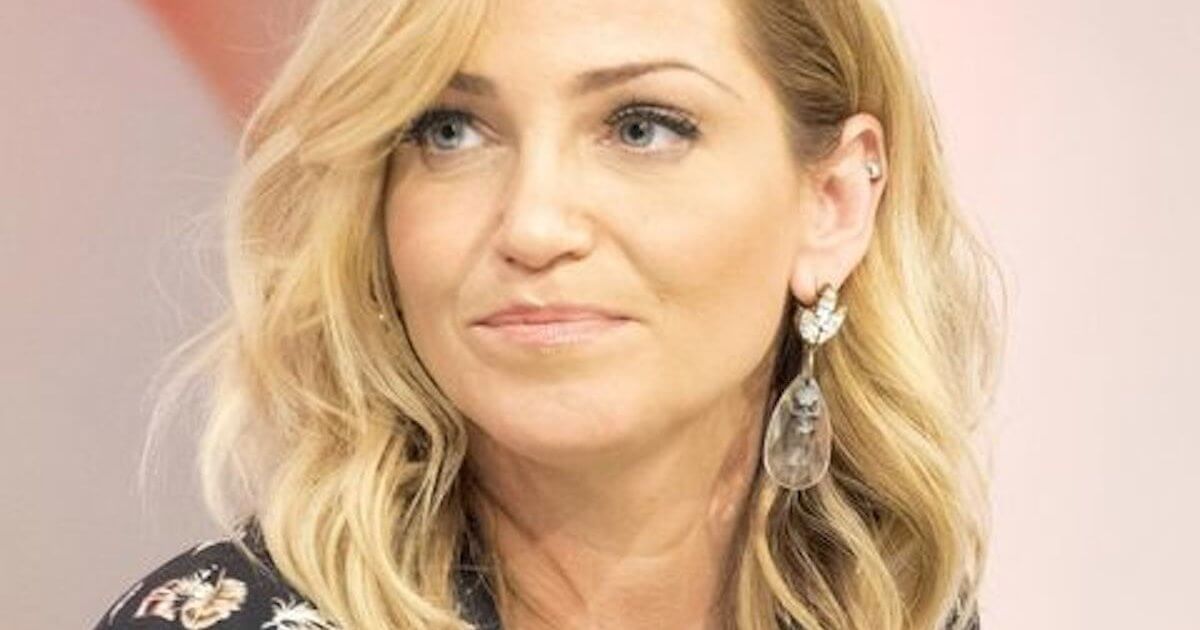Sarah Harding's Breast Cancer Diagnosis
- Pop star Sarah Harding, 38, revealed her breast cancer diagnosis, saying it has recently spread; Harding undergoes weekly rounds of chemotherapy for treatment.
- Experts have talked to SurvivorNet about promising treatment options for women whose breast cancer has spread, which includes chemotherapy, hormone therapy, and more.
- Mammograms are effective tools in catching breast cancer early, and it’s important women push their doctors for screenings despite being considered to young.
On Instagram, Harding, 38, dropped a bombshell on fans when she shared a photo of her in a hospital bed and revealed that not only has she been diagnosed with breast cancer, but the disease has spread to other parts of her body. According to Harding, she had been diagnosed with breast cancer earlier this year but as of a few weeks ago she was told the cancer had spread. She is currently undergoing weekly rounds of chemotherapy for treatment.
Read Morehttps://www.instagram.com/p/CEWTSJMF32n/
Navigating Metastatic Breast Cancer
Harding didn’t go into detail about where her cancer has spread, but treatment options for metastatic breast cancer have grown significantly thanks to developing research. In many cases, metastatic cancer is referred to as “advanced,” and while it’s certainly a scary diagnosis to hear, you still have promising options.
“Fortunately, in today’s medical technology, what’s available are so many different options, including standard therapies, whether it be chemotherapy or hormonal therapies, or a new targeted medicine based on genetic sequencing of your cancer that may have been performed– meaning, trying to understand the mutations that are found in your cancer and are there any specific drugs that could be targeted for that mutation,” Dr. Elizabeth Comen, a medical oncologist at Memorial Sloan Kettering Cancer Center, tells SurvivorNet.
Related: The FDA Just Approved a Promising New Drug for Metastatic Breast Cancer
Thanks to new developments in research and recent Food and Drug Administration (FDA) approvals, it’s important women know that battling metastatic and advanced breast cancer is not a death sentence.
Dr. Elizabeth Comen breaks down treatment options for women battling metastatic breast cancer
Screenings for Breast Cancer
When it comes to breast cancer risk, lifestyle choices can sometimes be just as much a factor as genetics. In Harding’s case, 38-years-old is pretty young to be diagnosed with advanced breast cancer, but women can take the initiative learn more about how to catch a diagnosis early through routine screening exams, like a mammogram.
At the moment, the recommended age women should start undergoing yearly mammogram checks is 45, and taking that into account, it may have contributed to Harding’s advanced diagnosis. Even if you’re young, there’s still a possibility that you’re at risk of being diagnosed with mammogram, and that’s why it’s so important to know your risk and take initiative on behalf of your health.
“What I’m most concerned about is the women who haven’t been in for a mammogram for two, three, or four years, [but] those women that have never had a mammogram,” Dr. Connie Lehman, Chief of the Breast Imaging Division at Massachusetts General Hospital, tells SurvivorNet. “We all agree regular screening mammography saves lives.”
Seeing as mammograms can be a life-saving resource, it’s important to advocate for yourself if you feel like a mammogram is needed. Don’t let your physician push past your concerns by saying you’re too young.
Dr. Connie Lehman explains why it’s important women get mammograms to detect breast cancer
Learn more about SurvivorNet's rigorous medical review process.


